India moves to curb Chinese corporate takeovers
Ambika Khanna, Senior Researcher, International Law Studies, Gateway House was featured in The Financial Times. Read the article here.
 Courtesy:
Courtesy:
Ambika Khanna, Senior Researcher, International Law Studies, Gateway House was featured in The Financial Times. Read the article here.
Ambika Khanna, Senior Researcher, International Law Studies Programme and Amit Bhandari, Fellow, Energy and Environmental Studies were quoted in Business Standard. Read the article here.
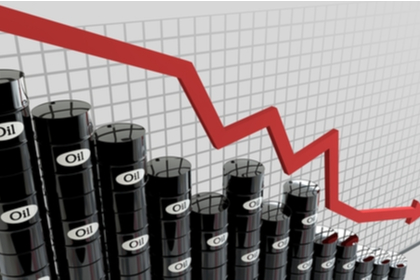 Courtesy: Shutterstock
Courtesy: Shutterstock
The OPEC’s proposed cut in oil production earlier this week may not enable the energy market to recover. Recovery is likely only after COVID-19 is brought under control, but there are ways India can capitalise on the current low oil prices for its own energy security
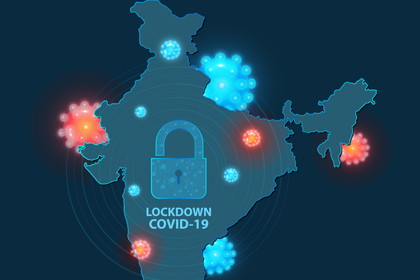 Courtesy: Shutterstock
Courtesy: Shutterstock
Over the last month, India’s Corona-diplomacy has been evident. The government’s two-point plan is to protect its citizens and help its neighbours and friends.

Amit Bhandari, Fellow, Energy and Environment Studies Programme provides his view on OPEC+ meeting to cut production due to COVID19
 Courtesy: Shutterstock
Courtesy: Shutterstock
COVID-19 and remote working have resulted in a surge in demand for digital intermediaries, such as Zoom. Most of these are U.S.-based, with some having servers in China, which has aggravated privacy concerns. IT companies have responded quickly by fortifying themselves internally through a range of measures, but it is now time for India’s highly accomplished tech industry to devise secure, scalable platforms with India-based servers
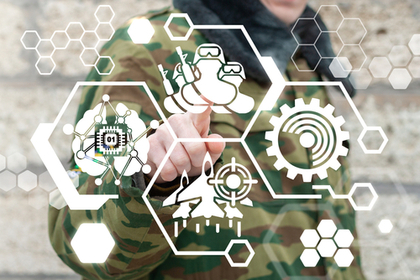 Courtesy: Shutterstock
Courtesy: Shutterstock
Indigenous development of key Information Communication Technology (ICT) infrastructure is critical to scaling up the use of Artificial Intelligence (AI) within the armed forces. Home-grown cloud technology, like National Cloud Meghraj, can help in this transformation while also meeting India’s cyber-physical security demands for data exchange and data localisation
 Courtesy:
Courtesy:
Our Executive Director and co-founder, Manjeet Kripalani was featured on the Debate by Arnab Goswami. Watch the show here.
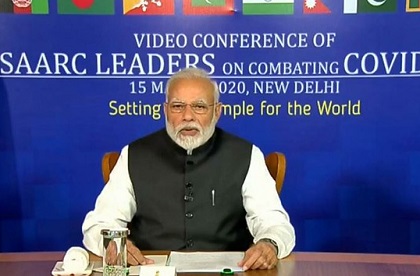 Courtesy: MEA/Flickr
Courtesy: MEA/Flickr
The first-ever virtual summit of leaders from member-states of the South Asian Association for Regional Cooperation on March 15 was an innovative exercise in showing solidarity in containing a pandemic. Here is an assessment of its tangible outcomes – and longer-term ways to prepare for SAARC’s revival
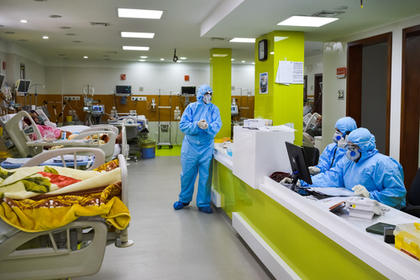 Courtesy: Shutterstock
Courtesy: Shutterstock
Iran is reeling from the Coronavirus Disease (COVID-19), with no access to medicine or equipment due to severe sanctions, the continuing uncompromising position of world powers, and an ill-advised regime